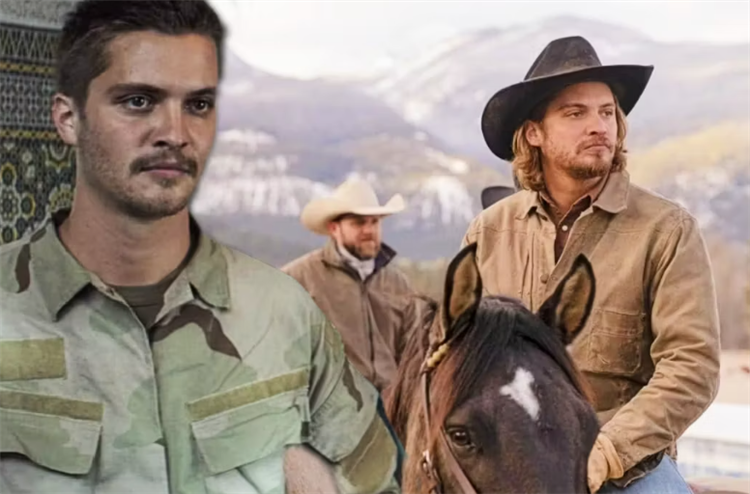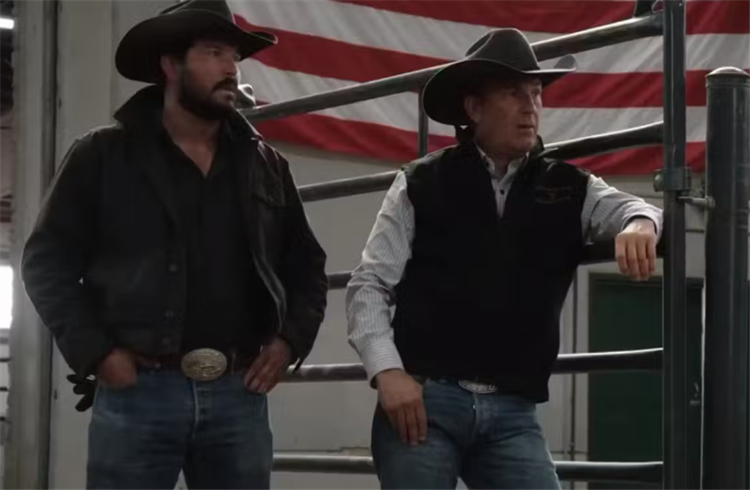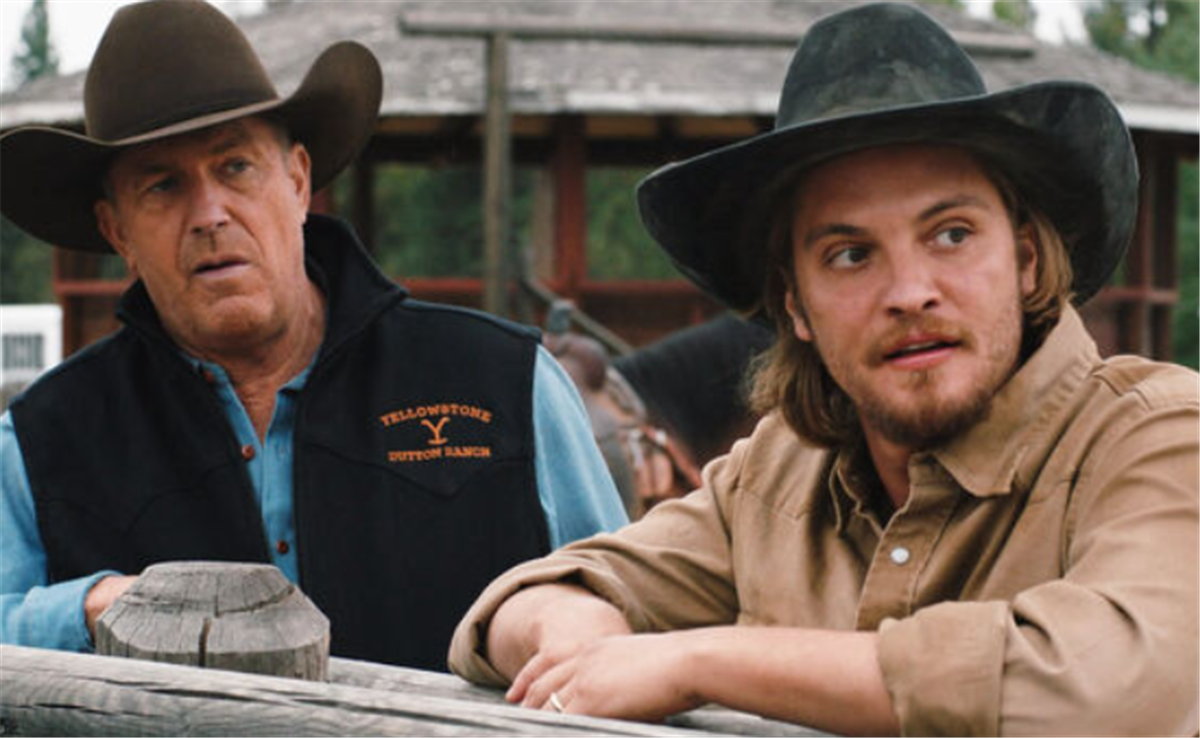Yellowstone star Luke Grimes addresses the politicization of the hit western series, adding that some people draw lazy conclusions about the show.
Yellowstone star Luke Grimes calls out liberal critics who dismiss the neo-western drama series as too conservative. Initially premiering in 2018, this Paramount Network western centers around the Dutton family, owners of the Yellowstone Dutton Ranch, the largest ranch in Montana, and their struggle to keep their land away from an Indian reservation and land developers. Even though Yellowstone quickly became a hit after it premiered a few years ago, the show’s political overtones and occasional controversial subject matter has earned it a reputation as a show catering to conservatives.
Now, in a recent interview with The Independent, Luke Grimes, one of Yellowstone’s major characters, discusses the politicization of the show and its characters. The 40-year-old argues that liberal audiences see a cowboy hat and a horse and immediately draw conclusions about Yellowstone, without actually watching or thoroughly engaging the show. Read his full comments below:

I think a lot of people see a cowboy hat and a horse and they think, ‘Oh, that’s not for me, those people believe differently.’ And it’s almost like they take these flawed characters in the show and chalk it up to some sort of weird belief that they’ve put on them. Meanwhile, you can have a terrible person like [Succession’s] Logan Roy, who lives in an apartment in Manhattan, and that’s fine. That guy’s a total piece of s***! But that’s OK. It’s so funny to me because… I just don’t understand why that has to immediately equal some political belief. And I don’t think it does.
Yellowstone’s “Politics” Explained
The Series Avoids Overt Politicization
The observation and criticism that many have leveled against Yellowstone regarding its conservatism isn’t exactly without basis. The show does not shy away from portraying the main characters, especially the Duttons, as authentic as possible, which can come across as what could be considered traditional “conservative” values. For instance, in Yellowstone season 1, John Dutton, the patriarch of the Dutton family, has an encounter with a group of Asian tourists on his land who he forces out in an abrasive manner, underscoring the idea of land ownership and creating tension between the Duttons and those who seek to encroach on the land they own.

The show being set in Montana adds a bit of credence to the conservatism claims, as Montana is largely considered a conservative state, but it goes to great lengths to portray the ways in which land ownership and displacement affects people like the indigenous Americans who originally lived on the land now owned by the Duttons. An ongoing plot thread involves Chief Thomas Rainwater’s fight to reclaim the land stolen by people like the Duttons, showing another side to the thematic concerns of the series.
Like Grimes, creator and showrunner Taylor Sheridan has also previously rebuffed claims that Yellowstone is geared towards a conservative audience. Sheridan argued that the crux of Yellowstone is about displacement of Native Americans, corporate greed, the gentrification of the West, and the way Native American women were treated in the past. While Sheridan and Grimes both have valid points, it is undeniable that Yellowstone engages and showcases a conservative perspective, but this is balanced by a nuanced portrayal of the issues at the center of the series. It’s easy to classify a show based on superficial aspects like location, characters, and themes, but Yellowstone is more nuanced than some of these surface-level observations.
